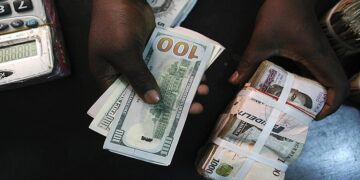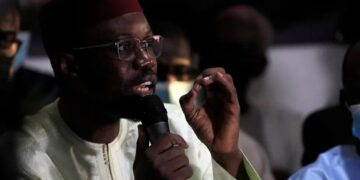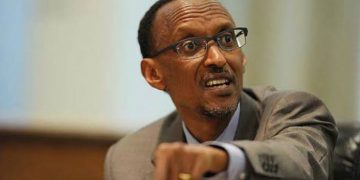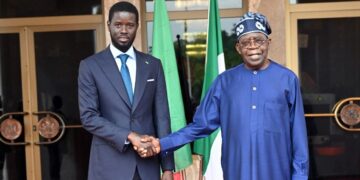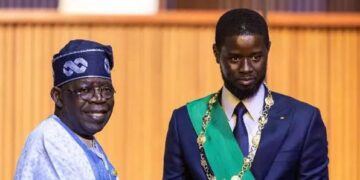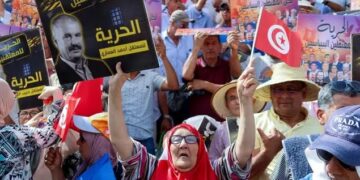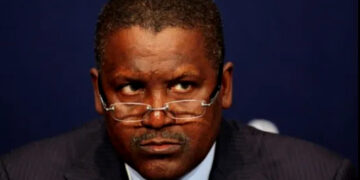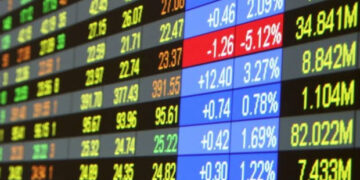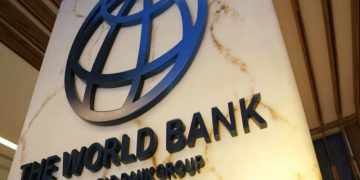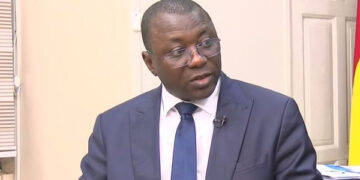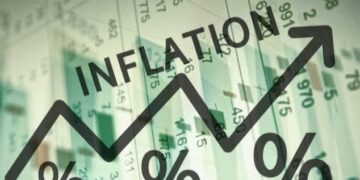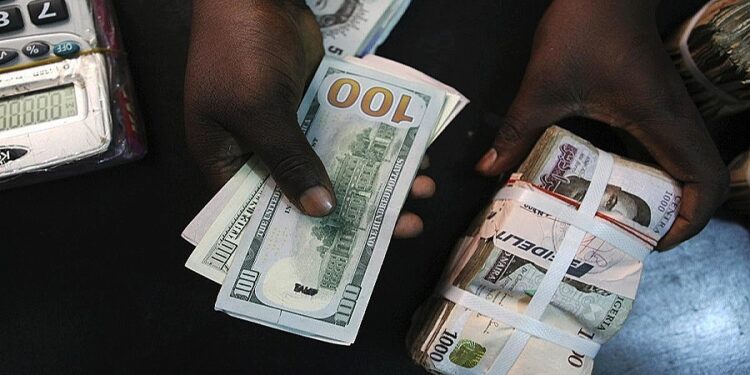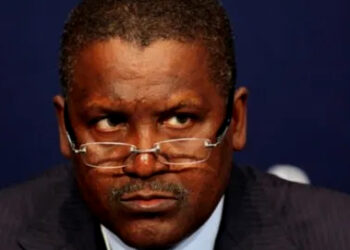By John Ikani
Nigeria’s foreign exchange (FX) market is enjoying an ease in pressure with the naira holding its ground against the United States dollar at the parallel market.
Local online platform Aboki FX reported a steady rate of N1,160 for the naira on both Monday and Tuesday.
In the Nigerian Foreign Exchange Market (NAFEM), the volume of United States dollars turnover experienced a notable increase, reaching $100.06 million on Monday.
This marked a significant 32% rise from the previous Friday’s turnover of $75.82 million on November 24, 2023.
NAFEM data indicated that the surge in daily forex turnover mirrored a boost in FX inflow into the economy on November 27, 2023.
The official foreign exchange market reflected positive momentum in the nation’s economic landscape.
According to statistics from FMDQ Securities Exchange, the local currency achieved an intra-day trading high of N1,130 and a low of N700 on Monday, showcasing some volatility in the market dynamics.
However, Central Bank of Nigeria (CBN) Governor, Olayemi Cardoso, outlined plans to introduce a new set of rules and guidelines aimed at achieving stability in the exchange rate.
Governor Cardoso stressed the necessity of clear, transparent, and harmonized rules governing market operations for both domestic and foreign currency markets.
He stated, “In order to ensure the proper functioning of domestic and foreign currency markets, clear, transparent, and harmonized rules governing market operations are essential. New foreign exchange guidelines and legislation will be developed, and extensive consultations will be conducted with banks and FX market operators before implementing any new requirements.”
The CBN chief who went on to underscore the critical role of stabilizing the FX market in maintaining economic stability within the nation, shared insights from discussions with business owners engaged in international trade, highlighting the challenges they faced due to exchange rate fluctuations.
He expressed, “Stabilizing the exchange rate is another critical aspect of our efforts to promote economic stability. I had the privilege of speaking with business owners engaged in international trade. They recounted the difficulties of navigating the fluctuations in the exchange rate, which often led to uncertainties and unexpected costs.
“The volatility in the foreign exchange market disrupted their planning and hindered their ability to make informed business decisions. It is imperative that we provide transparency and create a market environment that allows fair determination of exchange rates, ensuring stability for businesses and individuals alike.”
